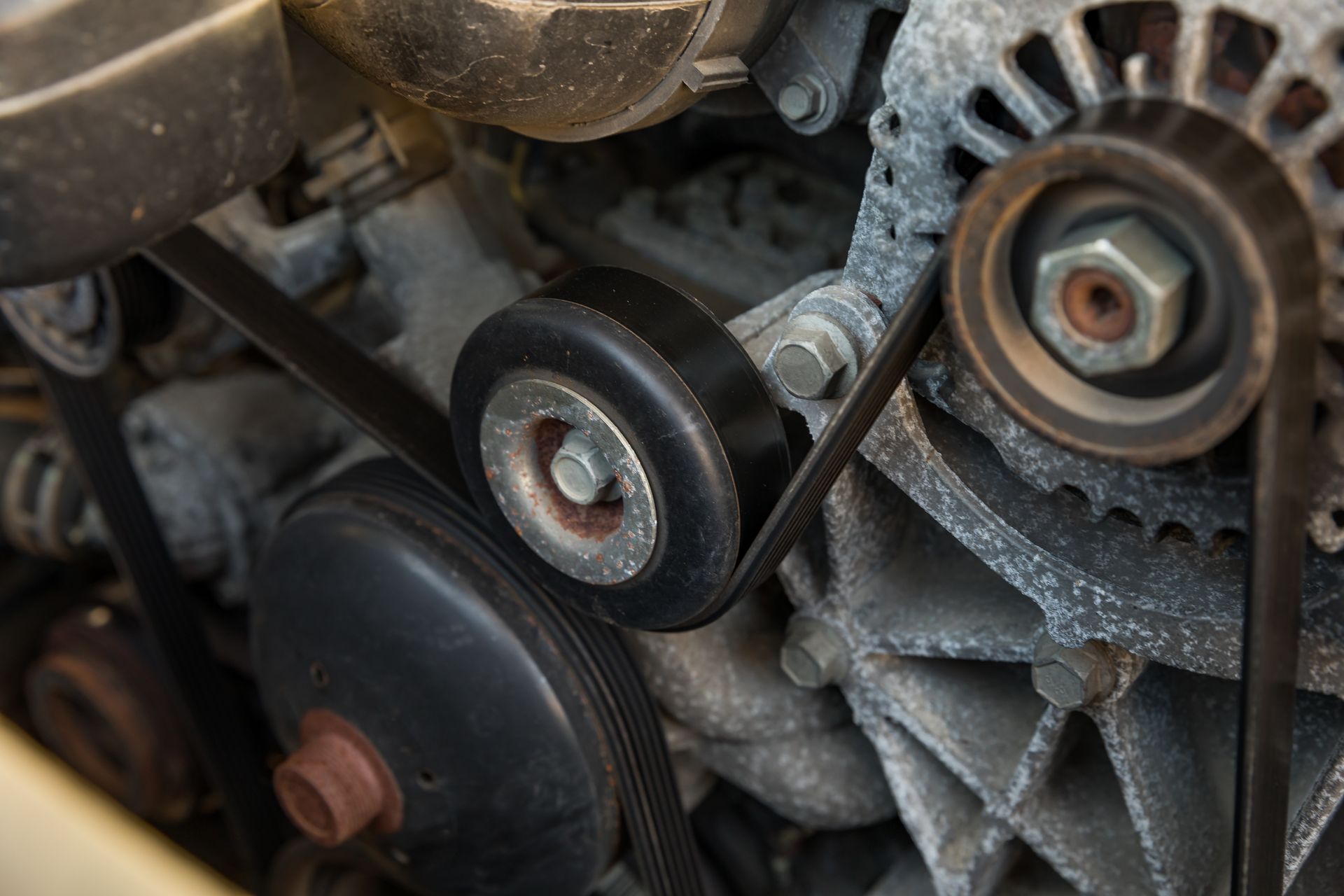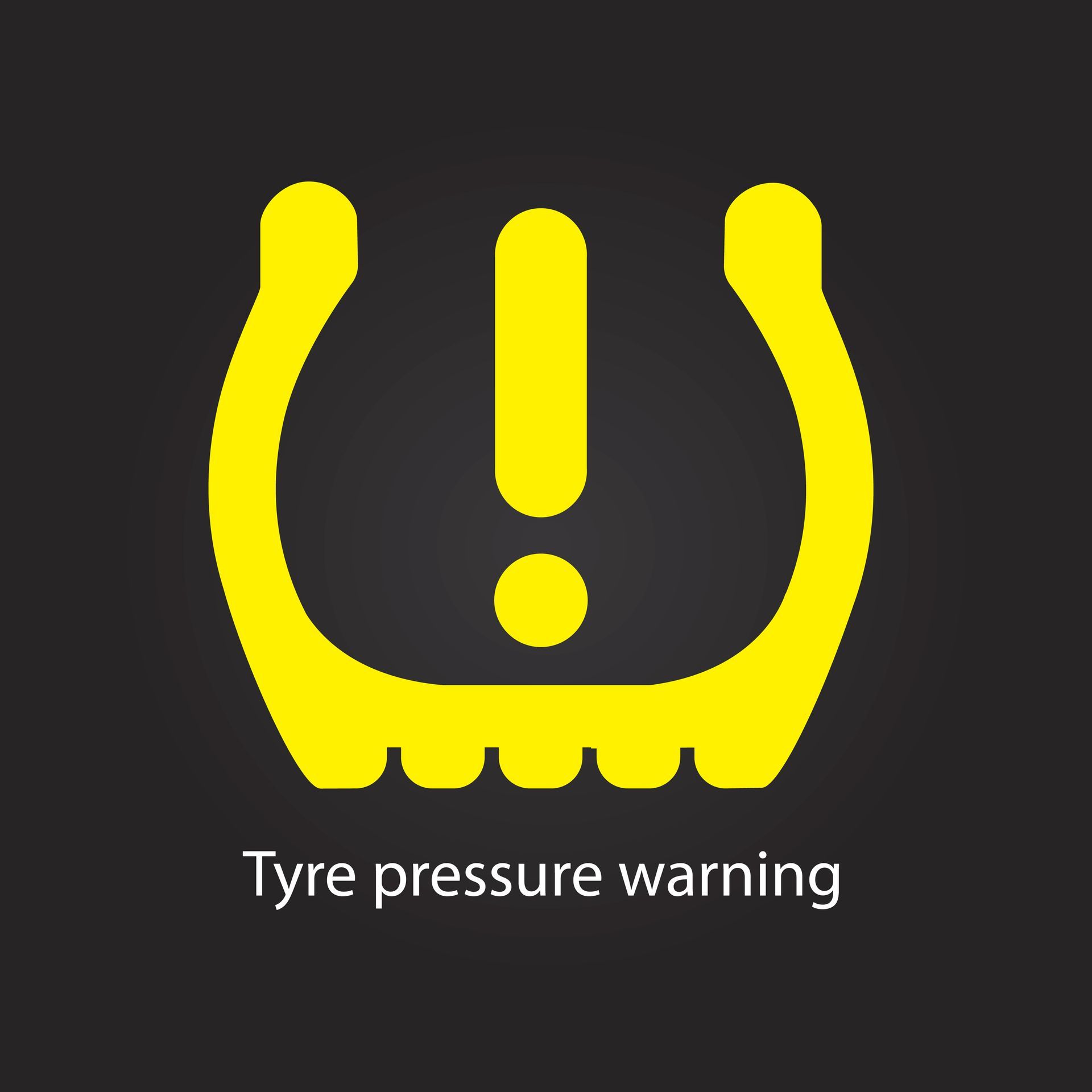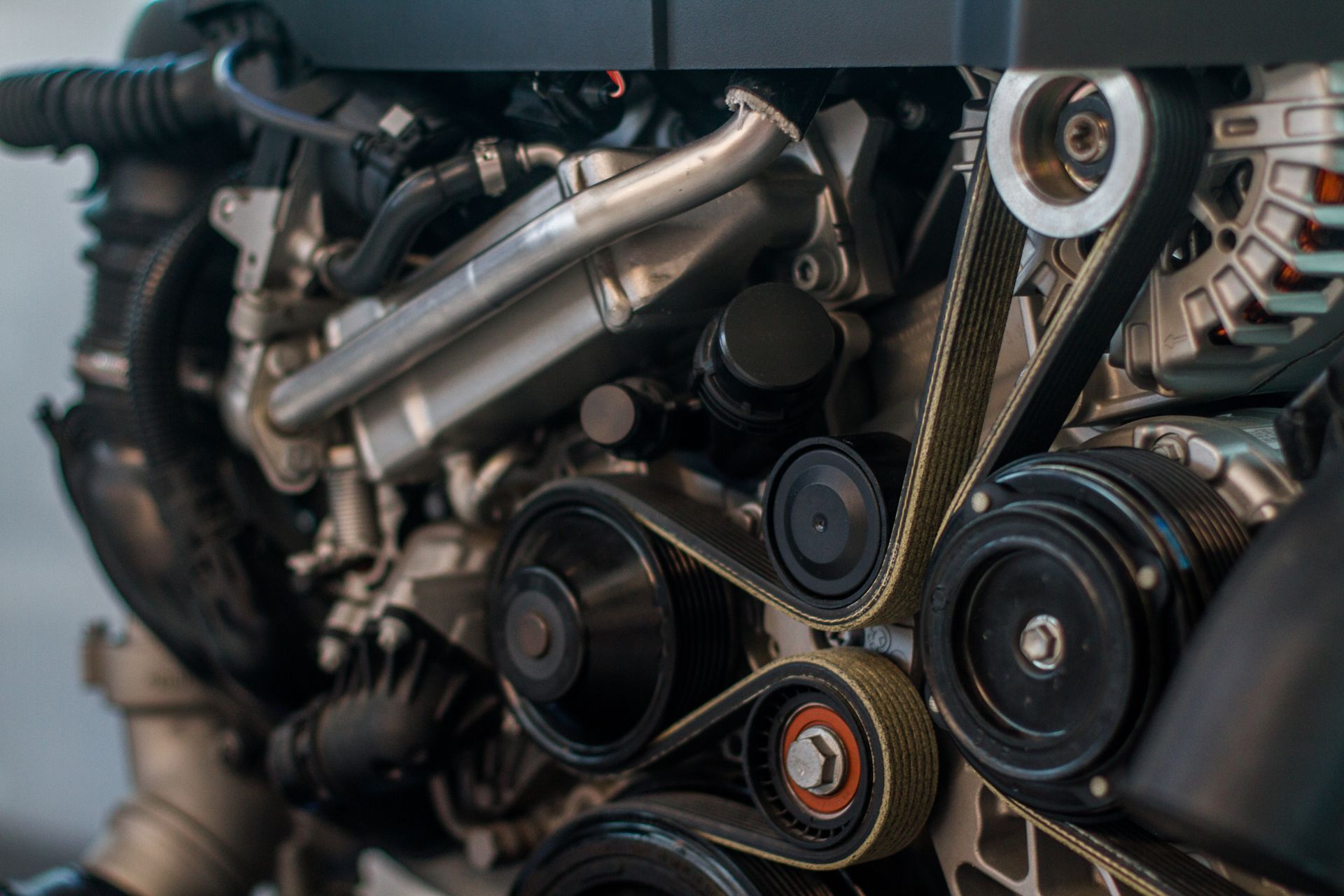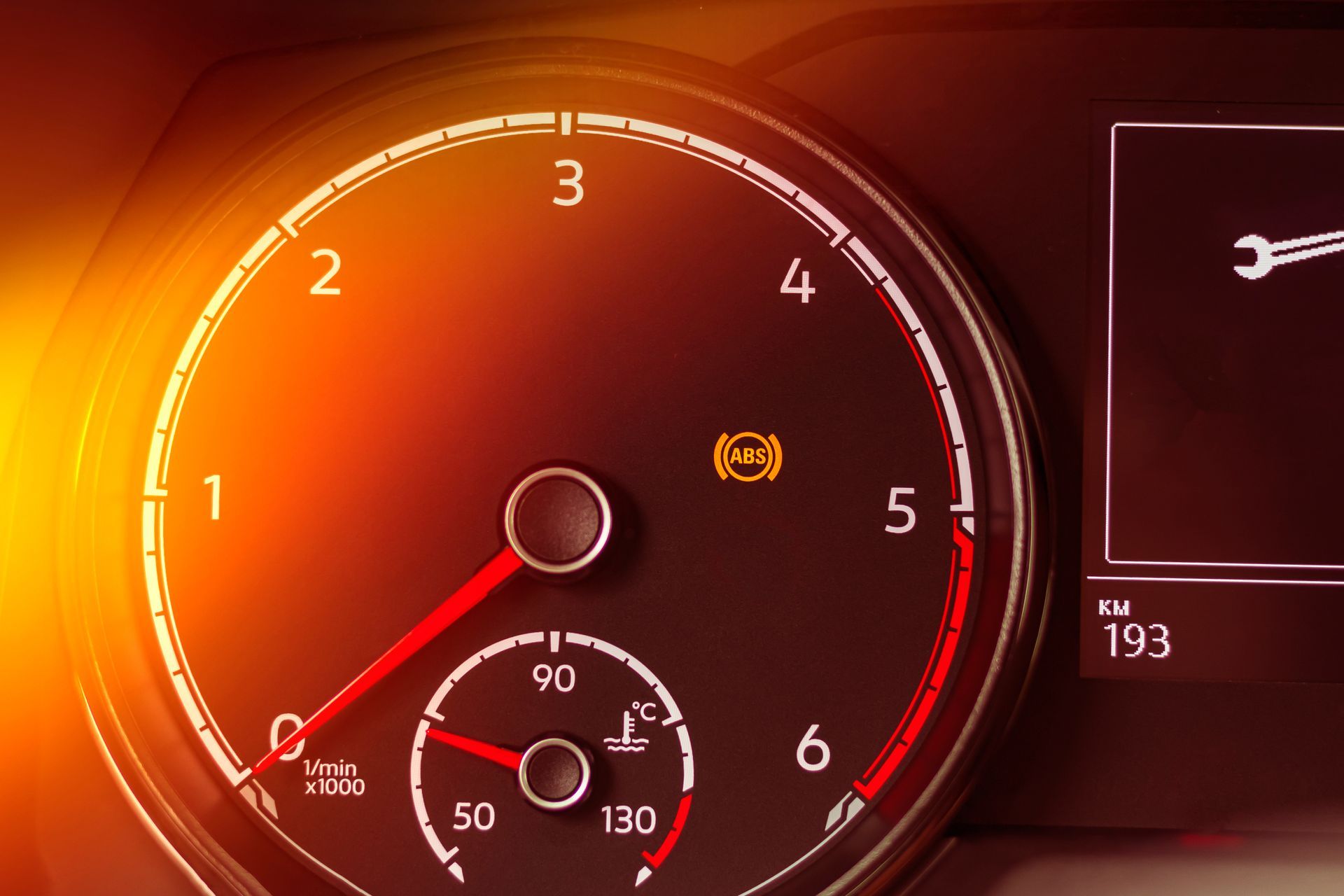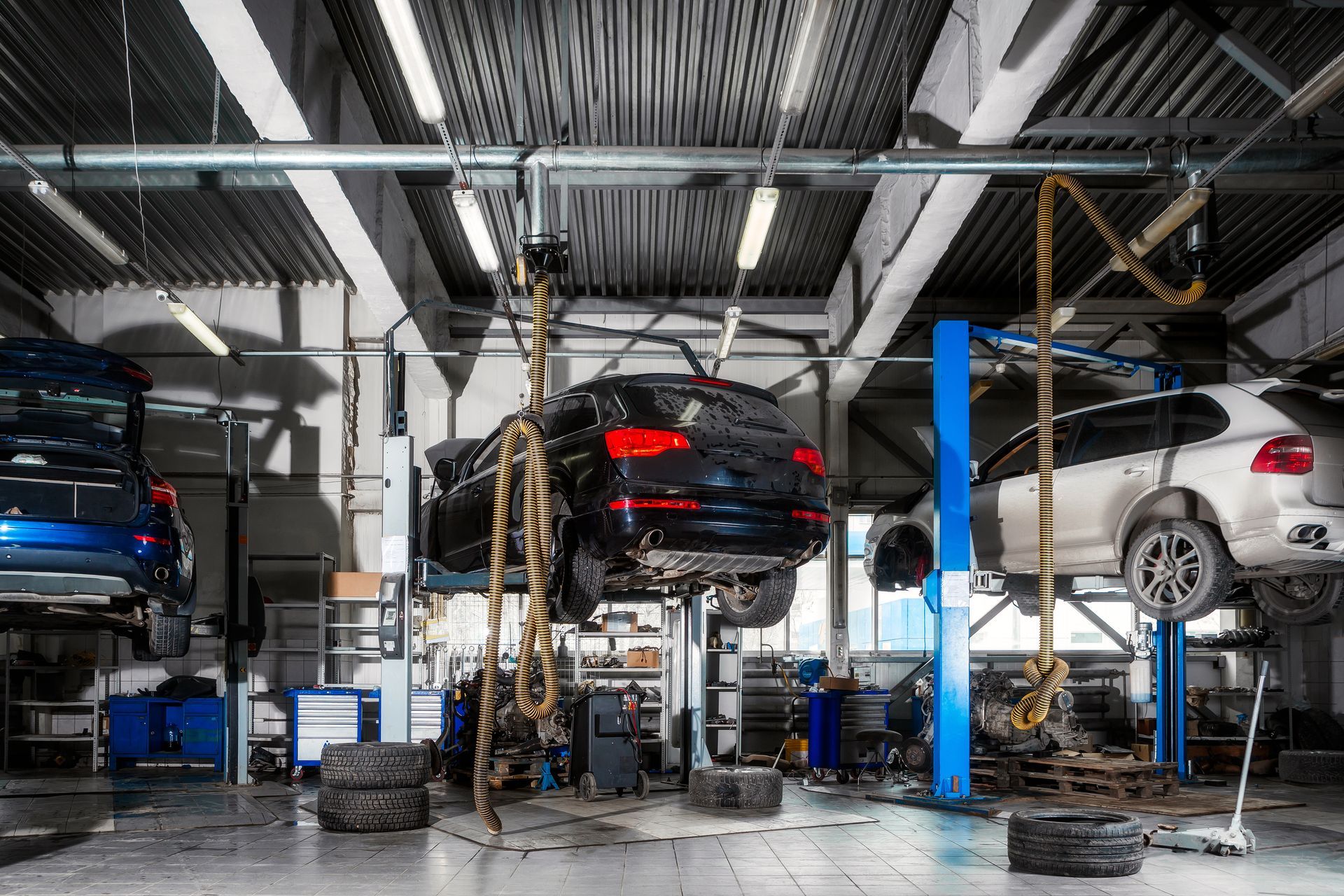Modern turbocharged engines deliver impressive power and efficiency, but they rely on a sealed, pressurized system to function properly. When there’s a boost leak, that system fails to maintain the pressure needed for peak performance. A leak in the intake piping, intercooler, or other components allows compressed air to escape before it reaches the engine, leading to noticeable drivability issues.
If your turbocharged vehicle feels less responsive or shows signs of reduced performance, a boost leak could be to blame. Identifying the early symptoms can help prevent long-term engine damage and avoid costly repairs.
1. Sudden Drop in Power
One of the first signs of a boost leak is a noticeable decrease in power. You may find the vehicle takes longer to accelerate, even when pressing the throttle firmly. The turbo is working harder to create boost, but some of that air is escaping, reducing the effectiveness of combustion.
This loss of performance is usually most noticeable when merging onto highways or climbing hills. If your engine feels like it’s struggling more than usual, especially under load, the pressurized system may not be holding as it should.
2. Hissing or Whistling Sounds During Acceleration
A boost leak can create unusual sounds as air escapes from loose or damaged couplers, cracked intercooler piping, or compromised seals. Listen closely while accelerating. A sharp hissing, whistling, or whooshing noise that wasn’t present before may indicate leaking pressurized air.
These sounds are often more noticeable with the windows down or near buildings that reflect engine noise. While some turbo spool noise is normal, any sudden change in volume or tone should be investigated.
3. Check Engine Light and Diagnostic Trouble Codes
A boost leak can affect your engine’s air-fuel ratio, which in turn may trigger the check engine light. The vehicle’s sensors detect that the amount of air entering the engine doesn’t match what the mass airflow sensor or MAP sensor expects.
Common codes related to boost leaks include P0299 (underboost), P0101 (mass airflow range/performance), or fuel trim-related codes. Even if your vehicle seems to drive fine, these codes suggest the system isn’t operating efficiently. Ignoring them may cause further complications with fuel economy and emissions.
4. Poor Fuel Economy
Because a boost leak disrupts the air-fuel mixture, the engine often compensates by injecting more fuel than necessary. This overcorrection can cause a noticeable drop in fuel efficiency. If you're making more frequent stops at the pump without a change in driving habits, a boost leak may be part of the problem.
Increased fuel consumption without a clear explanation should always be addressed, especially in turbocharged vehicles that depend on precise tuning for optimal combustion.
5. Excessive Black Smoke From the Exhaust
Another result of a disrupted air-fuel mixture is incomplete combustion, which may show up as dark or black smoke from the exhaust. This smoke is caused by unburned fuel exiting the engine, and it’s more than just a cosmetic issue. Over time, excess fuel can foul spark plugs, damage the catalytic converter, and shorten the lifespan of other emissions components.
While some older turbo engines may emit smoke under heavy throttle, modern engines should burn clean. If you see persistent smoke, especially when accelerating, it’s worth having the system pressure tested.
How Technicians Diagnose Boost Leaks
Finding a boost leak isn’t always simple. Visual inspections can sometimes identify cracked hoses or loose clamps, but small leaks often require a smoke test or pressure test to locate. During these tests, technicians introduce smoke or air pressure into the intake system and check for escaping air along couplers, the intercooler, throttle body connections, or vacuum lines.
The sooner a leak is diagnosed, the less strain is placed on the turbo and engine components. Ignoring the problem can lead to overworked turbos, carbon buildup, and inconsistent engine behavior.
Protect Your Turbocharged Vehicle with DAS Auto Werks in Tampa, FL
If your vehicle has lost power, developed strange noises, or feels less responsive, let
DAS Auto Werks in Tampa, FL, take a look. Our team has the tools and experience to diagnose and repair boost leaks before they lead to major engine issues. Schedule an inspection today and enjoy smooth, responsive performance again.

